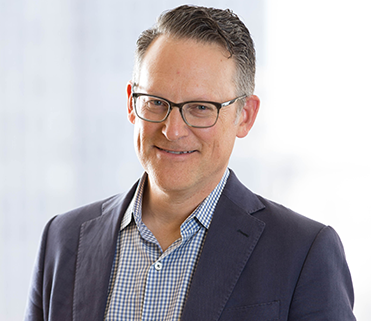Senior Partner, E3 Consulting
Arne Olson
Interviewer: David Spence, Interview Date: June 6, 2019
Keywords: Decarbonization, Resource Adequacy
Modeling Decarbonization in the West (Part I--Pacific NW)
Modeling Decarbonization in the West (Part II--CA)
“In the Pacific Northwest … the good news is that we can … achieve 80% reductions below 1990 levels in something the 2050 time frame [reliably and affordably]. But we did learn that a plan that focuses only on renewables is suboptimal. … We also learned that if you were to do a prohibition on new natural gas generation then that would increase the cost of the electric grid while hardly doing anything to reduce carbon. … In a world in which we expect there to be lots of wind and solar available during most hours, we would expect the gas to run less and less and less of the time. … But we keep them around in emergencies. And I guarantee we’ll be happy to have them.”
“When we look at the [California decarbonization] problem from an economy-wide perspective, we typically don’t find that it makes sense to take the electric grid all the way to zero. … unless you have one of these technologies like nuclear, very long duration storage, or biomass-based gas. … 90-95% reduction in electric sector carbon emissions seems to be where the sweet spot with respect to the least cost way to achieve economy-wide targets.”
“What becomes the most constraining part of the year [in California] is the wintertime … in part because we have less resource available. A week-long cold weather snap [creates] a peak load problem. What we find is that if you have 100 GW of solar on the grid and it’s not available. in the quantities it is in the summertime, that’s a pretty large hole you have to fill. That’s where we ended up with up to 35GW of firm capacity necessary.”
Arne Olson performs modeling analysis of the bulk power system–particularly the role renewable energy will play in decarbonizing the grid–for utilities, electricity system operators, asset owners, project developers, electricity consumers, and regulators. He earned his MS in international energy management and policy from the University of Pennsylvania, a BS in statistics from Institut Français du Pétrole, and a BS in mathematical sciences from the University of Washington.
- E3, A Study of Policies to Decarbonize the Electric Sector, Pacific NW (2017)
- E3, Resource Adequacy in the Pacific NW (2019)
- E3, Deep Decarbonization in CA (2018)
- E3, Long Run Resource Adequacy in CA (2019)
To learn more about Arne Olson, please visit his home page: HERE
Podcast: Play in new window | Download


Recent Comments